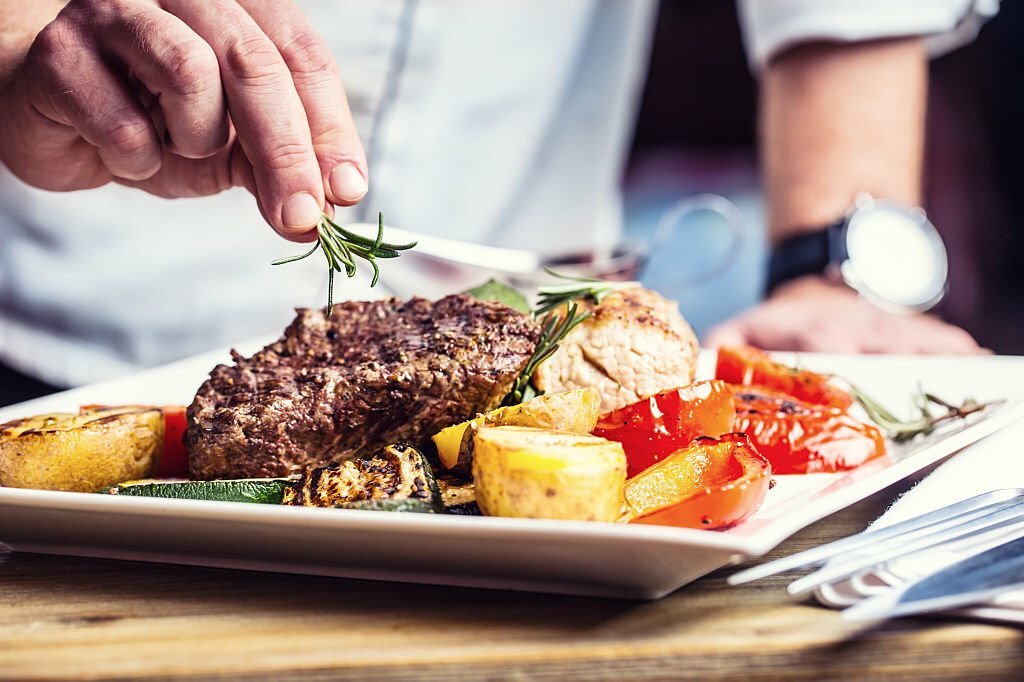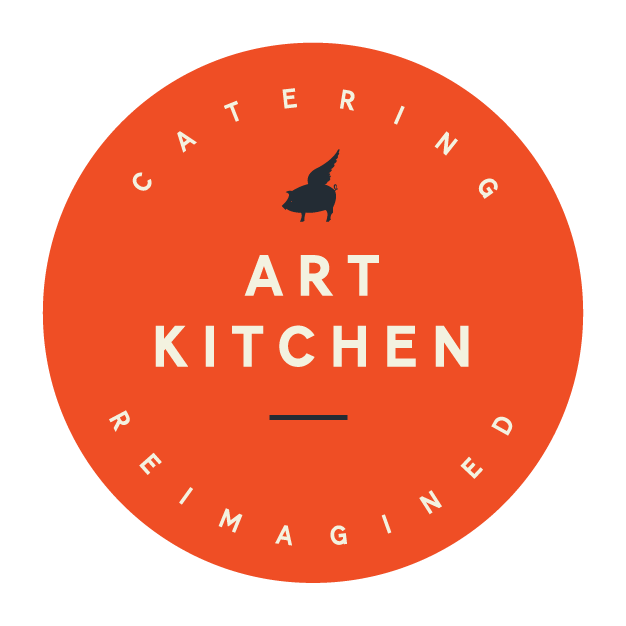
Safety and Hygiene in Home Catering: A Guide for Home Chefs
Recent years have seen a considerable surge in the popularity of home catering. That is because more people are showing off their culinary talents and want to show their beautiful creations to their loved ones and other food lovers. While many people love to share their passion for food with the world, safety and hygiene are among the many factors that must be considered while preparing dishes. Are you a beginner chef wanting to make a name in the food business but concerned about safety and hygiene for home catering? This guide for home chefs has everything you need to know about the benefits of home catering and how to create a clean and safe environment in the kitchen.
The Benefits Of Safety And Hygiene In-Home Catering
Safety and hygiene are of immense importance when it comes to home catering. Read on to find out its many benefits regarding home catering.
Prevents Food Borne Illnesses
If hygiene is not ensured while preparing food, it may lead to contamination. Contaminated food can be infected by harmful pathogens, such as bacteria, viruses, and fungi, that pose a considerable health risk and can harm consumers.
If you are catering to consumers, their health is your responsibility. Hence, safety is an important aspect to consider.
Help Avoid Legal Issues
Most countries, including Australia, have strict laws regarding safety and hygiene. It is crucial to adhere to such laws as any breach of these rules might jeopardise your business.
To avoid any such issues from arising, it is imperative for anyone who wants to start a home catering business in Sydney or other parts of Australia to follow all safety and hygiene laws and ensure their proper implementation.
Maintain A Good Reputation
A good reputation is vital to the success of a food business. Word of mouth is significant to ensure more orders keep coming and your catering company keeps flourishing.
Nowadays, most consumers pay a lot of attention to what food businesses serve and have become quite quality- and health-conscious. Hence, even one incident of unsanitary conditions or food-related illnesses may cause concern for anyone looking to make their name in the food industry. Businesses that follow and uphold proper food safety practices can create a better reputation for themselves. This is because consumers gain trust in their products and are likely to become loyal customers since they trust the company’s quality and high standards.
Reduce Spoilage Of Goods
Food businesses prioritising quality and safety standards may significantly reduce their wastage. Following all hygiene protocols and ensuring their strict implementation regularly makes the inventory less prone to getting spoilt or rotten. How? Maintaining proper storage keeps food items fresh for longer, increasing their shelf life.
All of these measures help save on production costs and contribute to increasing the sustainability of the food supply chain. Hence, they benefit your business while conserving the environment and its resources.
How Do You Practice Safety And Hygiene In The Kitchen?
Now that you know the importance of safety and hygiene standards, you may wonder how to implement them. We have compiled a few ways you can do this, so read on to find out!
Personal Hygiene Is Key
A good and safe home catering lies in the personal hygiene of the chef. We advise all home caterers to follow strict practices when it comes to their hygiene. Some of the things all home chefs should do are as follows:
● Wash Your Hands
Before and after you cook, make sure to thoroughly wash your hands with soap and warm water. This reduces the likelihood of bacteria and contaminants entering your dishes.
● Remove All Accessories
Accessories, such as jewellery and watches, harbour bacteria and other harmful pathogens that may enter your creations and harm consumers’ health. Hence, removing all accessories before handling utensils and food products is better.
● Wear Adequate Attire
If you are not careful while working, hair may fall into your food, or harmful particles on your nails may contaminate your dish. Our advice? Always wear an apron, a chef’s hat, and gloves while cooking.
Ensure You Follow Food Safety Basics
Good food = Safe food. All home chefs should live by this mantra. With the increased awareness in recent years, consumers are increasingly questioning food safety and want their dishes to be safe and hygienic. Here are a few ways to ensure this:
● Monitor Temperature Control
It is imperative you closely monitor cooking and storage temperatures. Ensure thorough cooking of food to kill any harmful bacteria and viruses. Additionally, store foods at their required temperature. Do not expose cold foods to heat and vice versa.
● Prevent Cross-Contamination
Cross-contamination is usually a big hassle and may be troublesome for home chefs. Food can become terrible and need to be thrown away, incurring heavy financial losses and health issues if you eat contaminated food. Our advice? Use different cutlery for different foods. Do not cut various meats and vegetables on one cutting board; use a different one for each. Additionally, sanitise and wash utensils regularly to avoid any bacterial growth.
Ensure Safe Food Handling
There are many safe food-handling practices that all home chefs should follow. A few of them are:
● Avoid Consumption Of Certain Foods
Many people mix old or stale food products with fresh stuff, hoping it will go unnoticed. DO NOT DO THAT! Bacteria may contaminate stale food or make old food so bad that it is unsuitable in taste. Hence, discard any old food items and get new things. Additionally, avoid consuming raw or undercooked seafood, meats, and eggs, and always check the expiry and condition of the products before you buy them from the store.
● Ensure Food Does Not Go Bad
If you marinate your meat and keep it outside, it might become destructive. Similarly, do not defrost food items in the refrigerator. Ensure all your marinated stuff is kept in the fridge so that your food remains fresh and juicy and does not go wrong. Additionally, check temperature guidelines on food and the freshness of perishable items so that they can be discarded if they are not used in the advised timeframe.
Don’t Forget Kitchen Cleanliness
A well-maintained and organised kitchen will be pleasing to the eyes and ensure safety and hygiene. Here’s how you can do that:
● Clean It Regularly
To ensure your dishes remain safe and hygienic, regularly clean all your utensils, kitchen slabs, and surfaces. Special cleaning may be required for areas that are used more or are more exposed to spills.
● Manage Waste Properly
It is imperative to dispose of kitchen waste properly. Ensure different bins are used for general waste and recyclables. Additionally, make sure they are emptied on a regular basis to maintain hygiene and safety and prevent bad smells and contamination by bacteria.
● Keep The Kitchen Neat And Clean
When you know what is kept where, you can find things more easily, enabling a faster and more efficient workflow. Hence, keep your kitchen neat and organised so you can find stuff whenever needed.
Adequate Food Storage
Proper food storage is crucial to ensure the food remains excellent and fresh and does not go stale. Read on to see how to get this done:
● Ensure Proper Packaging
Use airtight containers to keep all the food safe and hygienic. If this is not done, different spices and ingredients may be mixed, and your dish may not come out as lovely as expected.
● Label Ingredients
Label all ingredients to make sure you pick up the right one in a timely manner. While cooking, you may not be constantly looking at the spice jars, causing you to pick the wrong one. Additionally, ensure proper labelling of ingredients that may include potential allergens. This way, you will be able to avoid them for consumers who may have allergies to these products.
To Wrap It Up
Home catering is a great way to showcase exceptional culinary skills and wow people with unique dishes. Anyone with a passion for cooking should definitely get into the business. However, it is essential to prioritise safety and hygiene guidelines and standards and monitor their regular implementation. Doing so will enhance your reputation and ensure that your business only grows in popularity.

